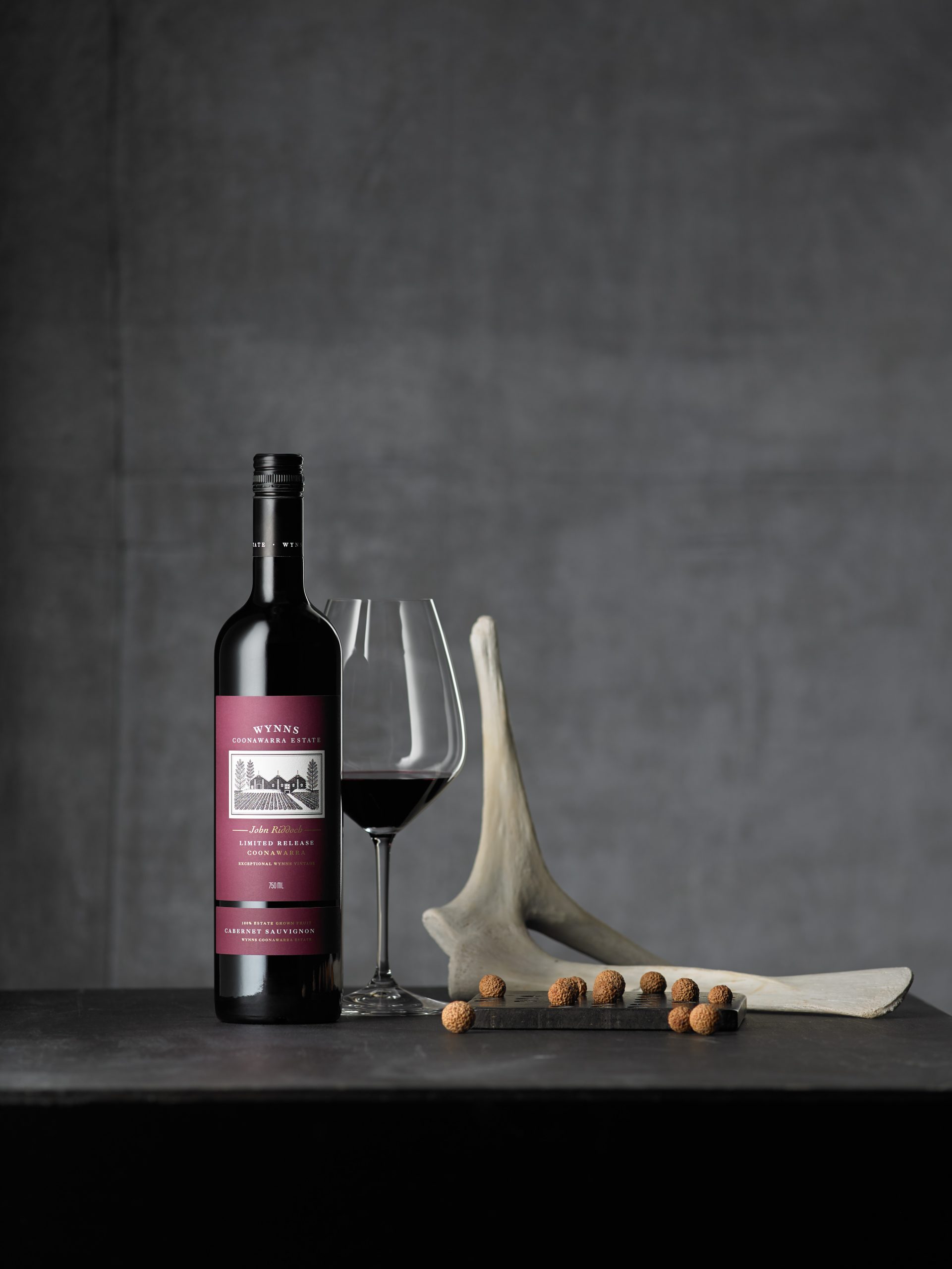Booze retail sales down 20% in Dry January compared to a ‘normal’ month
Sales of booze during January dipped 20% in the UK grocery market this year compared to the ‘normal’ months of February to September, data from Kantar has revealed – but despite the noise around Dry January, alcohol sales are still “considerable”, it said.
Speaking to the drinks business today, Kantar’s, head of retail and consumer insight Fraser McKevitt said that while this was a sizeable dip, 15 million households had still bought booze during January.
“The January [alcohol] sales are half those of December, but 20% down on a normal, non-Christmas month,” he said. “So while that is sizeable, it’s not as if nobody is buying alcohol – over half of households bought it. Despite the the noise around Dry January, alcohol sales are still considerable.”
He also noted that while the growth of no- and low- larger had grown – up 37% in the last four weeks – this was still off a small base, with no- and low- only accounting for around 4% of total lager sales, competing against soft drinks, sparkling juices and cordials as well as regular strength lager.
McKevitt further pointed out that year-on-year sales in the four weeks to 27 January 2020 vs 2019 had seen alcohol sales actually rise 5% – but this was due to there being a key extra shopping day (30th December) in the data period.
The strongest increases were larger, sparkling wine and rum, he noted, but added that sales in the category were quite controlled by what retailers put on shelves and the promotional activity.
Aldi, whose alcohol share is greater than its overall retail share, grew its sales of spirits by 12% in the 12 weeks to 27 January and Asda saw strong double-digit growth of its premium “Extra Special’ own label booze, having introduced new lines in the run up to Christmas.
He said that overall it was not a ‘vintage’ Christmas for booze.
“Supermarkets are under a lot of pressure, especially with people watching wallets due to the uncertainty at the end of last year, while grocery growth inflation is low, only 1%. Where retailer are winning is where people are making decisions to buy better, which has been an on-going trend, which has benefitted things like craft beer, and sparkling wine.”
Partner Content
It comes as new research published by Drinkaware said three quarters of adults who took part in the health kick said they intended to cut their booze intake permanently.
‘New chapter for the industry’
Specialist retailer Majestic reported record breaking sales of low- and no- alcohol beers and wines, up +312% and +52% respectively – compared to last January, adding that the move towards moderation could boost sales of naturally lower alcohol wines from countries including Germany.
The retailer said it had seen German wines in the sub 8% abv category rise 22% last month, while more esoteric regions had also seen growth, it said, pointing to wines from Alsace rising +23%.
Majestic chief executive John Colley said the way people were consuming alcohol was changing, which marked an exciting new chapter for the industry.
“There’s a definite sense that customers want to drink better, and understand what they’re consuming. They want to explore and appreciate what’s in their glass, and the alcohol content is incidental,” he said. “It’s now essential we have an offering for everyone; whether you’re looking to cut back, drink better or go booze-free altogether.”





I strongly protest the author of this article, Arabella Mileham’s use of the inappropriate word ‘Booze’.
The use of this word by the press, media degrades all distilled spirits producers, fine spirit brands, distributors, retailers the world over, and is degrading to consumers who enjoy consuming same.
Find another less degrading term.
Jonathan Galin